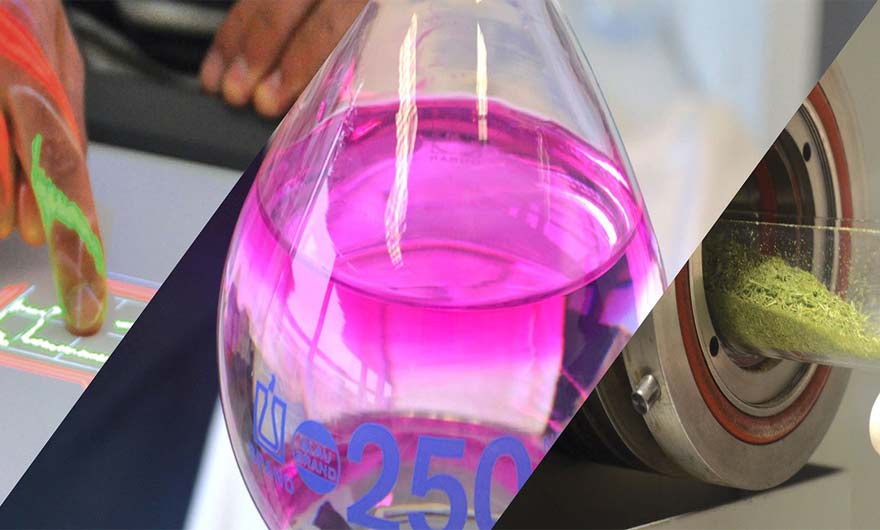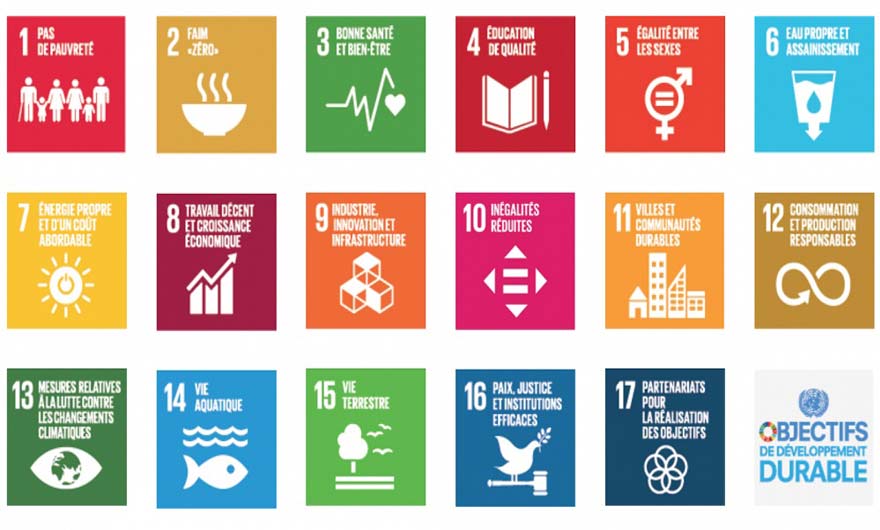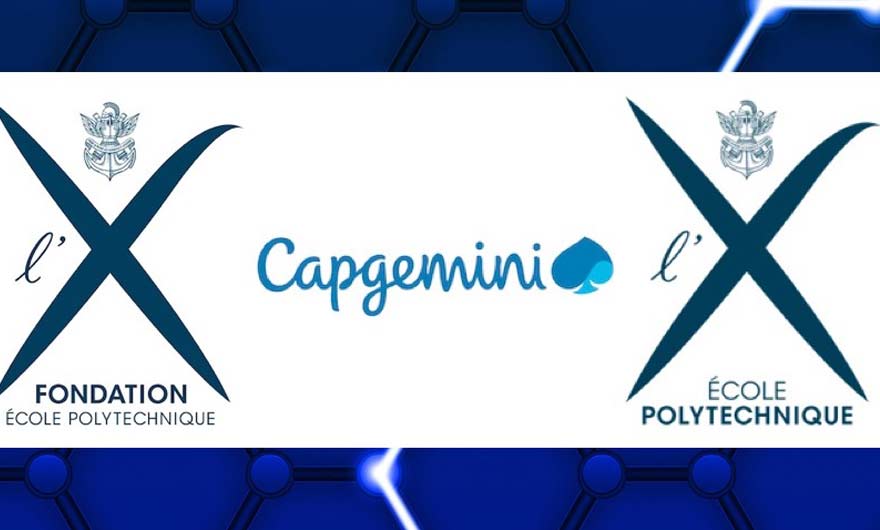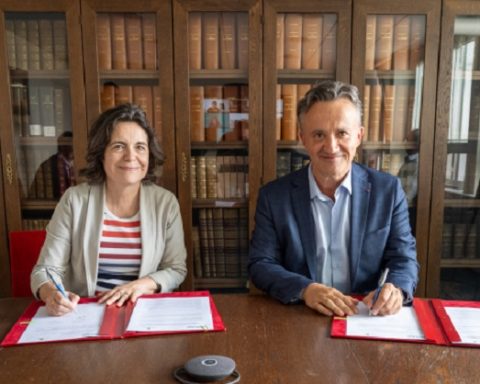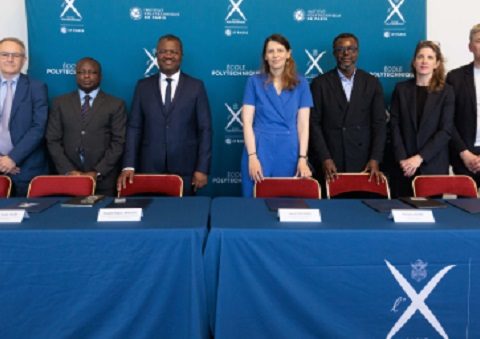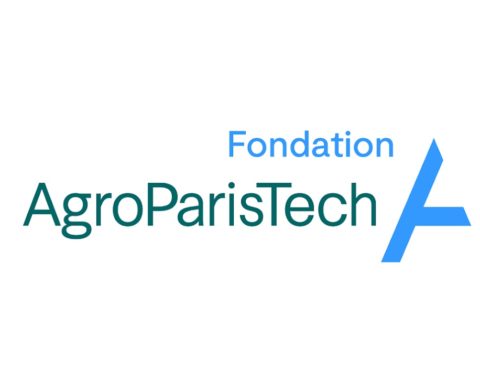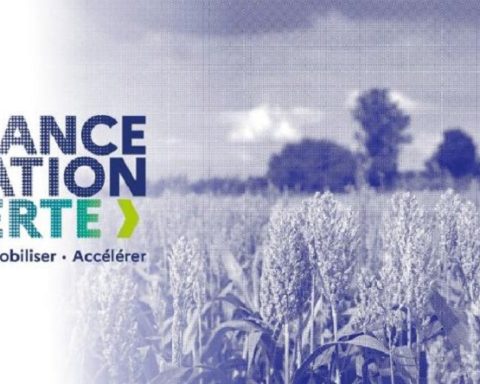- Architecture de réseaux électriques intégrant des marchés locaux d’énergie et les données dans un objectif de valorisation des ressources locales d’un territoire.
- Potentiel informatif d’une donnée hétérogène dans la construction et la gestion des scénarios énergétiques des schémas de développement territoriaux.
- Données fiables et sécurisées en milieu incertain.


